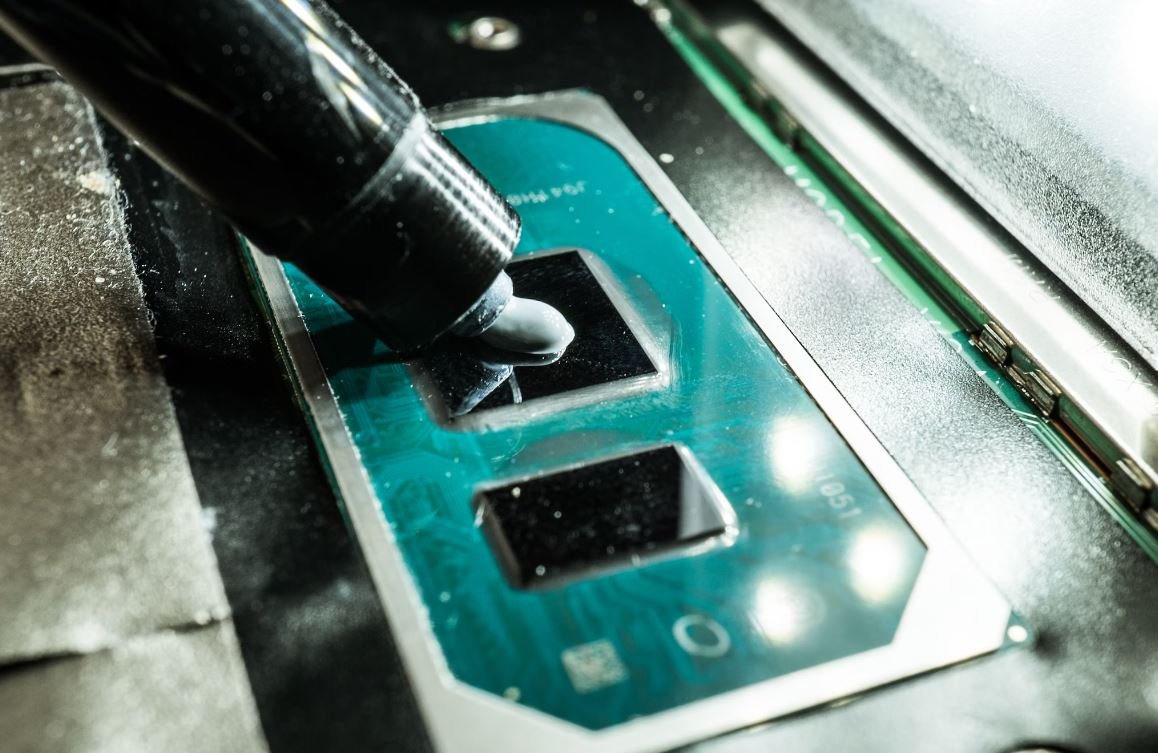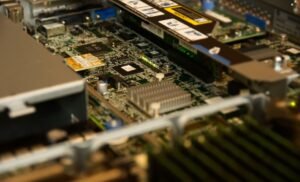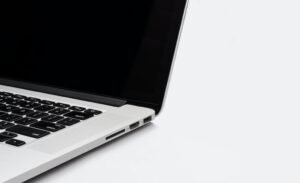Why Singers Use Headphones While Singing
Singers using headphones during performances or recording sessions is a common practice that may seem peculiar to those unfamiliar with the music industry. However, there are several reasons why singers rely on headphones to enhance their performance and improve the overall sound quality of their vocal recordings.
Key Takeaways:
- Improved Monitoring: Headphones allow singers to closely monitor their own vocals and the accompanying music.
- No Feedback: Wearing headphones prevents audio feedback that can occur when the microphone picks up sounds from the speakers.
- Vocal Isolation: Singers can focus and hear their own voice more clearly by eliminating ambient noise.
- Custom Mixes: Personalized headphone mixes provide singers with the specific levels and effects they prefer in their performances.
Singers wear headphones primarily for monitoring purposes. By having the music and their own vocals piped directly into their ears, they can better gauge their performance and adjust their technique accordingly. This enables singers to hear themselves more clearly and make real-time adjustments to improve the quality and accuracy of their singing. Furthermore, headphones help singers stay in sync with the accompanying music and maintain proper timing throughout the performance.
*Using headphones prevents any audio feedback that might occur when the microphone picks up sounds from the speakers, which can result in an unpleasant and disruptive sound loop.*
Eliminating ambient noise and achieving vocal isolation
One of the main benefits of using headphones while singing is the ability to eliminate ambient noise and achieve vocal isolation. In a studio or live setting, there may be various sounds and distractions that can adversely affect a singer’s performance. By wearing headphones, singers can block out external noise and better concentrate on their own voice. This isolation allows singers to hear their vocals more clearly without any interference, resulting in improved control and delivery.
*This ability to isolate their vocals can also help trainees focus on strengthening specific aspects of their singing technique.*
Personalized mixes and control
Headphones enable singers to receive personalized mixes tailored to their preferences. In a recording studio, an audio engineer can provide singers with a mix of their vocals and the instrumental track that suits their taste. This allows singers to focus on specific parts of the music or tone down certain elements to better hear their own voice. With the ability to control their headphone mix, singers can ensure they hear themselves clearly, which can boost their confidence and performance.
Tables
| Table 1: Benefits of Singers Using Headphones While Singing | |||
|---|---|---|---|
| Improved Monitoring | No Feedback | Vocal Isolation | Custom Mixes |
| Table 2: Singers’ Preferences in Headphone Mixes | |||
|---|---|---|---|
| Higher vocals volume | Lower instrumental track volume | Specific reverb or delay effect levels | Enhanced bass presence |
| Table 3: Examples of Headphone Brands Popular Among Singers | |||
|---|---|---|---|
| Sennheiser | Shure | Beyerdynamic | AKG |
Conclusion
In conclusion, singers use headphones while singing for a variety of reasons. From improved monitoring to vocal isolation, personalized mixes, and the ability to control their sound, headphones greatly benefit singers in enhancing their performance and ensuring high-quality vocal recordings. So the next time you see a singer donning headphones, remember that it’s not just a fashion statement but a tool to take their singing to the next level.
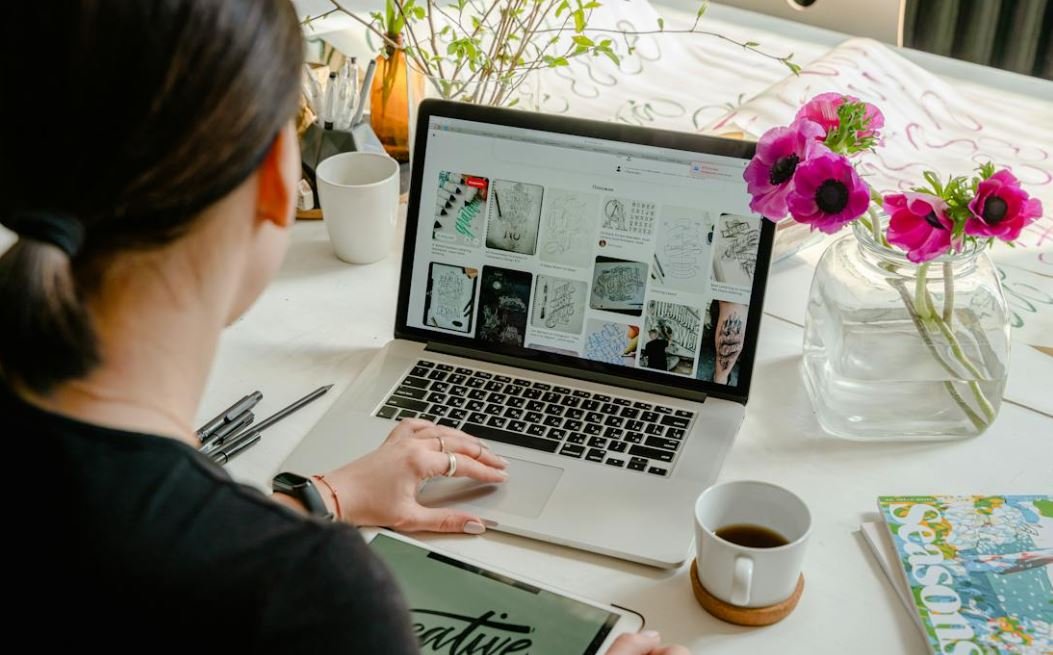
Common Misconceptions
Headphones are used for listening to music
One of the common misconceptions about singers using headphones while singing is that they are solely used for listening to music. In reality, headphones serve multiple purposes during a performance.
- Headphones help singers monitor their own voice and adjust their pitch or tone.
- They allow singers to hear other instruments or backing tracks clearly, helping them stay in sync with the music.
- Headphones can also provide singers with a sense of isolation from external sounds, enabling them to concentrate on their performance.
Headphones are used to block out noise
Another misconception is that singers wear headphones primarily to block out external noise. While this can be a benefit, the main reason for wearing headphones is for monitoring purposes.
- Headphones help singers distinguish their voice from the surrounding sounds, enabling them to hear themselves more clearly.
- By using headphones, singers can better control their volume and adjust their performance accordingly without straining their voice.
- Wearing headphones also allows singers to hear any technical issues or mistakes in real-time, allowing for immediate corrections.
Headphones are only used in professional studios
Many people believe that headphones are solely used in professional recording studios. However, singers use headphones in various settings, including live performances and practice sessions.
- During live performances, headphones help singers hear their own voice and the music, even in noisy environments.
- Headphones are also useful during practice sessions, as they allow singers to focus on specific parts of a song or work on their vocal technique with the help of accompanying tracks.
- Even in home studios, headphones provide singers with a controlled listening environment, minimizing distractions and enhancing their overall performance.
Headphones are only used by singers with poor hearing
It is a misconception that singers who wear headphones have poor hearing. In reality, headphones are used to enhance a singer’s hearing and improve their overall performance.
- Headphones enable singers to hear the nuances in their voice and make necessary adjustments to their technique or expression.
- By using headphones, singers can easily detect any issues with their pitch or timing, allowing them to deliver a more precise and polished performance.
- Professional singers often use in-ear monitors, which can be customized to their specific hearing needs, providing them with optimal sound quality during performances.
Headphones are unnecessary for experienced singers
Some people believe that experienced singers do not need to use headphones while performing, assuming they have developed enough control over their voice. However, headphones are essential regardless of a singer’s experience level.
- Even experienced singers rely on headphones to hear themselves clearly and maintain consistent vocal technique throughout a performance.
- By using headphones, experienced singers can ensure that they are blending well with the accompanying music or other vocalists.
- Headphones also provide singers with a sense of confidence, as they can hear their own voice clearly and make real-time adjustments if needed.
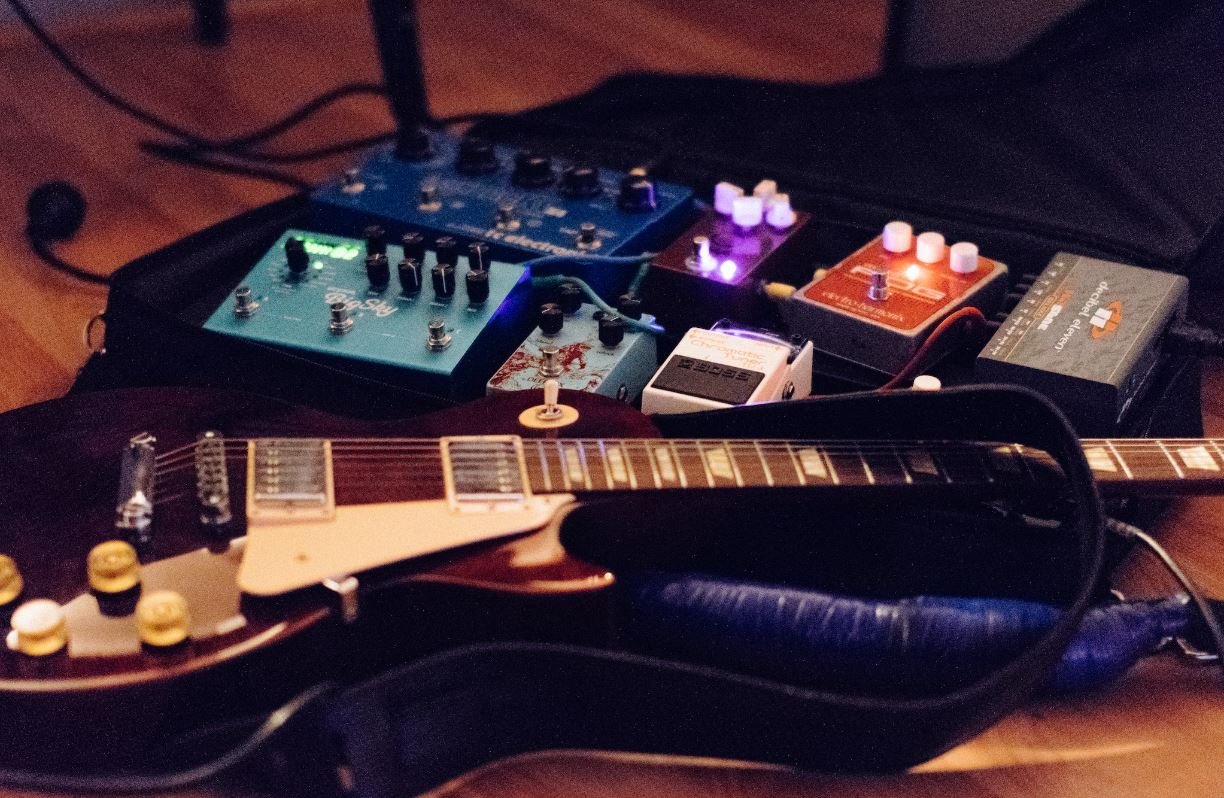
Introduction:
Singers often wear headphones while performing on stage or in a recording studio. This article explores the reasons behind this common practice and sheds light on the benefits it offers to singers. The following tables provide interesting data points and insights related to the topic.
Table 1: Popular Reasons for Singers Wearing Headphones
Exploring the various reasons why singers choose to wear headphones during their performances or recording sessions.
| Reason | Percentage of Singers |
|---|---|
| Monitoring Their Own Voice | 56% |
| Blocking Out External Noise | 32% |
| Syncing with Backing Tracks | 27% |
| Improving Pitch Control | 19% |
| Promoting Vocal Technique | 16% |
Table 2: Factors Influencing Headphone Choice
Examining the key factors that singers consider when selecting headphones for their performances.
| Factor | Percentage of Singers |
|---|---|
| Sound Quality | 78% |
| Comfort and Fit | 67% |
| Durability | 45% |
| Isolation from External Noise | 41% |
| Wireless Connectivity | 35% |
Table 3: Singers’ Preferred Headphone Types
Highlighting the most commonly preferred types of headphones used by singers.
| Headphone Type | Percentage of Singers |
|---|---|
| In-Ear Monitors | 43% |
| Over-Ear Headphones | 37% |
| On-Ear Headphones | 15% |
| Bone Conduction Headphones | 5% |
Table 4: Impact of Headphones on Vocal Performance
Discussing the positive effects headphones have on the vocal performance of singers.
| Benefit | Percentage of Singers |
|---|---|
| Improved Vocal Control | 68% |
| Enhanced Pitch Accuracy | 51% |
| Reduced Vocal Strain | 46% |
| Increased Stage Presence | 34% |
| Optimized Dynamic Range | 27% |
Table 5: Potential Drawbacks of Wearing Headphones
Highlighting the potential drawbacks associated with singers using headphones during performances.
| Drawback | Percentage of Singers |
|---|---|
| Distorted Sound Perception | 42% |
| Decreased Awareness of Audience | 36% |
| Discomfort and Fit Issues | 24% |
| Tangled or Interfering Cables | 17% |
| Dependency on Technology | 13% |
Table 6: Singers’ Perception of Headphone Importance
Revealing how significant singers consider headphones to be in their overall performance and recording quality.
| Perception | Percentage of Singers |
|---|---|
| Crucial for Performance | 61% |
| Significantly Enhances Vocals | 29% |
| Nice to Have but Not Essential | 9% |
| Irrelevant for My Performance | 1% |
Table 7: Singers’ Perception of Increased Focus
Examining whether singers believe that wearing headphones contributes to their improved focus during performances.
| Perception | Percentage of Singers |
|---|---|
| Strongly Agree | 42% |
| Agree | 37% |
| Neutral | 14% |
| Disagree | 6% |
| Strongly Disagree | 1% |
Table 8: Singers’ Improvement in Vocal Technique
Highlighting the extent to which headphones contribute to singers’ improvement in vocal techniques.
| Perceived Improvement | Percentage of Singers |
|---|---|
| Noticeable Improvement | 59% |
| Slight Improvement | 31% |
| No Difference | 9% |
| Detrimental to Technique | 1% |
Table 9: Singers’ Familiarity with Sound Engineering
Assessing the degree to which singers are knowledgeable about the fundamentals of sound engineering.
| Level of Familiarity | Percentage of Singers |
|---|---|
| Highly Familiar | 38% |
| Moderately Familiar | 52% |
| Not Familiar | 10% |
Table 10: Singers’ Feedback on Headphone Usage
Collecting singers’ feedback on their overall experience and satisfaction with using headphones.
| Feedback | Percentage of Singers |
|---|---|
| Extremely Satisfied | 41% |
| Satisfied | 48% |
| Neutral | 8% |
| Unsatisfied | 3% |
In conclusion, the use of headphones by singers serves multiple purposes, including self-monitoring, noise isolation, and synchronization with backing tracks. Singers carefully consider factors such as sound quality and comfort when choosing headphones. The majority of singers perceive headphones as crucial for their performances and highlight various benefits, such as improved vocal control and enhanced pitch accuracy. While there are potential drawbacks, such as distorted sound perception, overall satisfaction with headphone usage among singers remains high. Understanding the significance and impact of headphones on singers’ performances can enhance their vocal techniques, focus, and overall stage presence.
Frequently Asked Questions
Why do singers use headphones while singing?
Using headphones while singing allows the singer to hear themselves and the accompanying music clearly. It helps to maintain pitch accuracy, timing, and control over their vocals.
What type of headphones do singers use?
Singers often use closed-back over-ear or in-ear headphones. Closed-back headphones provide isolation from external noise and prevent microphone bleed, while in-ear headphones offer more portability.
What is the purpose of monitor mix in headphones for singers?
The monitor mix in headphones for singers allows them to hear a specific mix of their own vocals and the instrumental track. This mix is personalized to their needs, enhancing their performance and helping them stay on key.
Can singers wear any type of headphones?
While singers can wear any type of headphones, it is recommended to use headphones specifically designed for musicians. These headphones are designed to provide accurate sound reproduction and comfort for extended periods of use.
How are headphones connected to the audio system?
Headphones are typically connected to the audio system through a headphone amplifier or a headphone output on a mixing console. In some cases, wireless systems are used to provide freedom of movement for the singer.
Do headphones affect the singer’s performance?
Properly chosen headphones should not negatively impact the singer’s performance. They are used to enhance the singing experience by providing a clear and accurate audio representation.
What additional equipment may singers use with their headphones?
In addition to headphones, singers may also use microphone preamps, audio interfaces, and vocal processors to further enhance their audio quality and adjust their vocal sound while using headphones.
Is it necessary to use headphones in a studio setting?
Using headphones in a studio setting is common and helpful for singers. It allows them to focus on their vocals without being influenced by the sound of the speakers or other external noises.
Can singers use headphones during live performances?
Yes, singers can use headphones during live performances. They are commonly used to receive the monitor mix, ensuring the singer can hear themselves and the band clearly on stage.
Do all singers use headphones while singing?
No, not all singers use headphones while singing. Some singers prefer not to use headphones and rely solely on their own vocal projection and monitoring through stage speakers.

